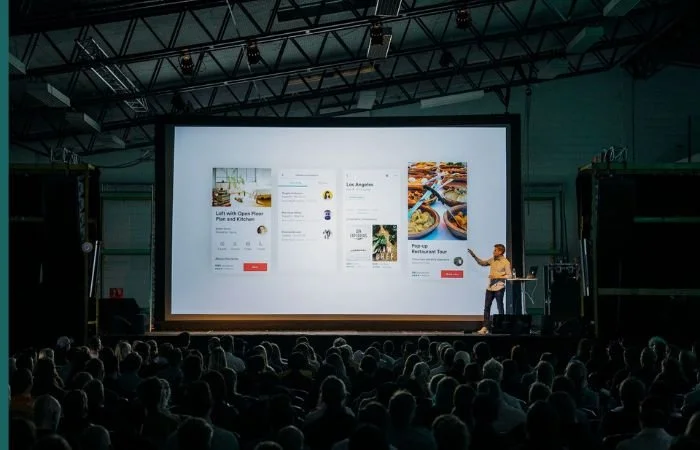What Industry 4.0 Means for UK Businesses

Guest article by Clint Johnson, Director and Founder of Control Freaks Ltd.
Oh, to be a British business in 2018. As if the uncertainty of Brexit wasn’t enough, there is the ensuing threat of Industry 4.0: the automation apocalypse – a movement defined by increased competition, the survival of the fittest at its most extreme, and job loss.
But is it as scary as it sounds? Or, does opportunity await in the technological upheaval?
The Goldmine of 4.0
There are numerous ways automation could boost your business post-Brexit. Reports suggest Industry 4.0 will herald a new era of productivity unlocking as much as £445bn for UK manufacturers. Moreover, where many fear rising unemployment, others foresee job creation in the realms of thousands more in work, while considered agreements between government and industry could place Britain at the forefront of the new technological revolution.
A vision which Brexit could galvanise.
With less regulation, Britain could position itself as a spearhead for change, developing and defining the process through the introduction of robotics, AI, 3D printing and both augmented and virtual reality. Automation in the manufacturing sector will stimulate a boost in productivity, and while production floor jobs may be lost, the increased output could create as many as 175,000 better-paid roles elsewhere.
Offsetting the Cost of Departure
There is no escaping the fact Brexit could cost industry. Depending on how new trade deals play out, manufacturers could have to endure new tariffs, increased direct costs and squeezed margins. However, these new technologies could offset much of the overhead.
Furthermore, if manufacturers move quickly to adopt new systems, they could increase their competitiveness within the market through reducing production costs. In turn, once the barriers come down, they will be positioned to boost exports and grow earnings, capitalising on new capabilities courtesy of the relaxed regulation.
Upskilling the Workforce
Yet, the fact remains: while Industry 4.0 will bring opportunity, both the government and manufacturers will have to lay the foundations for growth – and soon. Few in the sector currently have the knowledge-base to adopt and successfully integrate these nascent technologies into their supply chain; let alone the funds to invest.
So, the government will have to provide test-beds, with subsidies and tax incentives to encourage adoption and position UK businesses for growth. Then, as it becomes clearer which new skill sets are required, manufacturers will have to invest in training programmes to support workers as they transition from factory floors into supervisory, or machine-handling, roles.
Many countries – including much of Europe, the US, and China – have already begun to adopt the innovations, retraining workforces for a head start on other economies, maximising their involvement in how the market develops. So, there is little question change will happen on a worldwide scale – it is just a matter of which nations move fastest.
Opportunity in Innovation
Technology has upended many sectors: now it’s the turn of manufacturing. Mature businesses and start-ups alike are looking to capitalise on fledgling technologies to develop new markets.
Fresh capabilities open the doors to disruptive business models, with increased competition forcing larger players to respond to refine their process and optimise efficiency. Industry 4.0 should result in slicker operations, reduced costs and newfound opportunity on an international scale – provided us Brits are willing to embrace change.



































































































